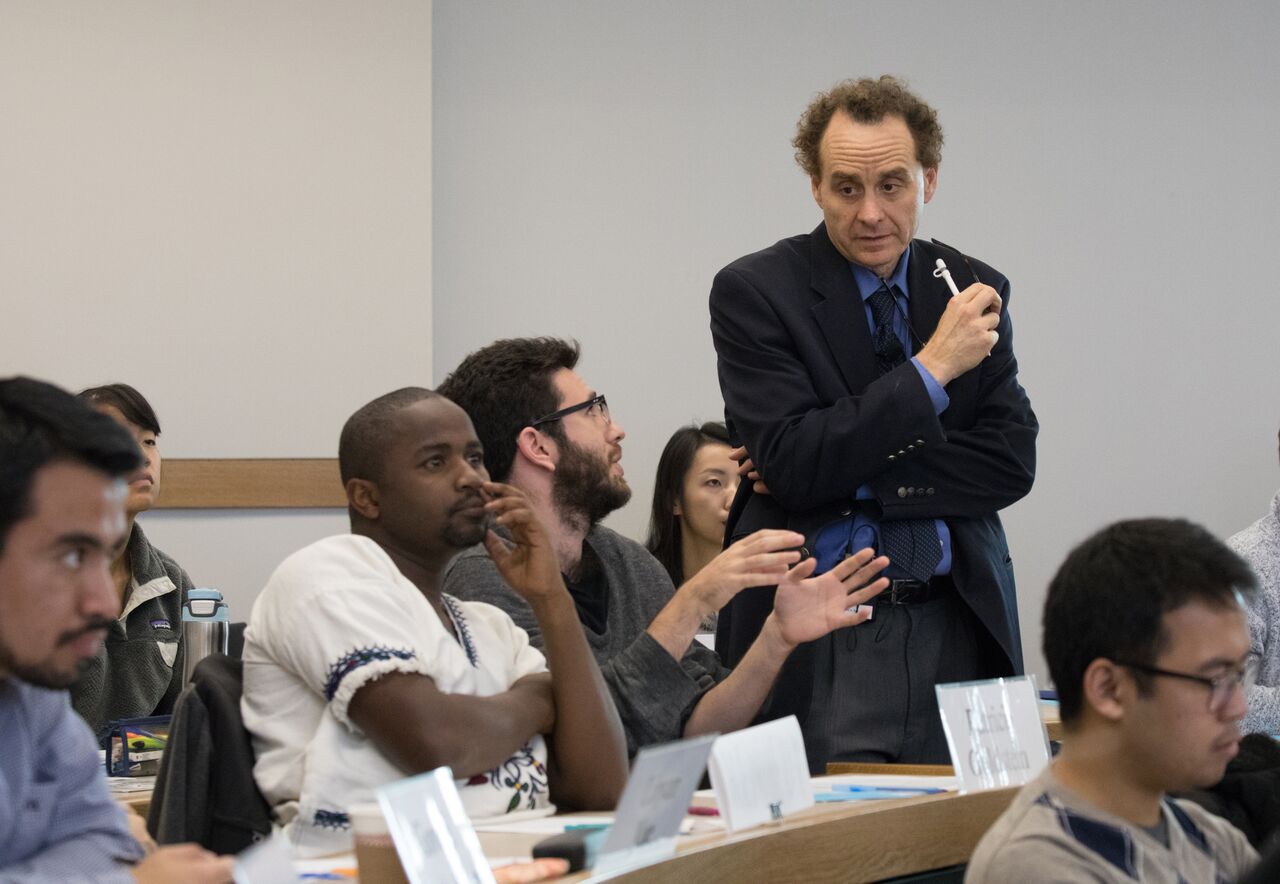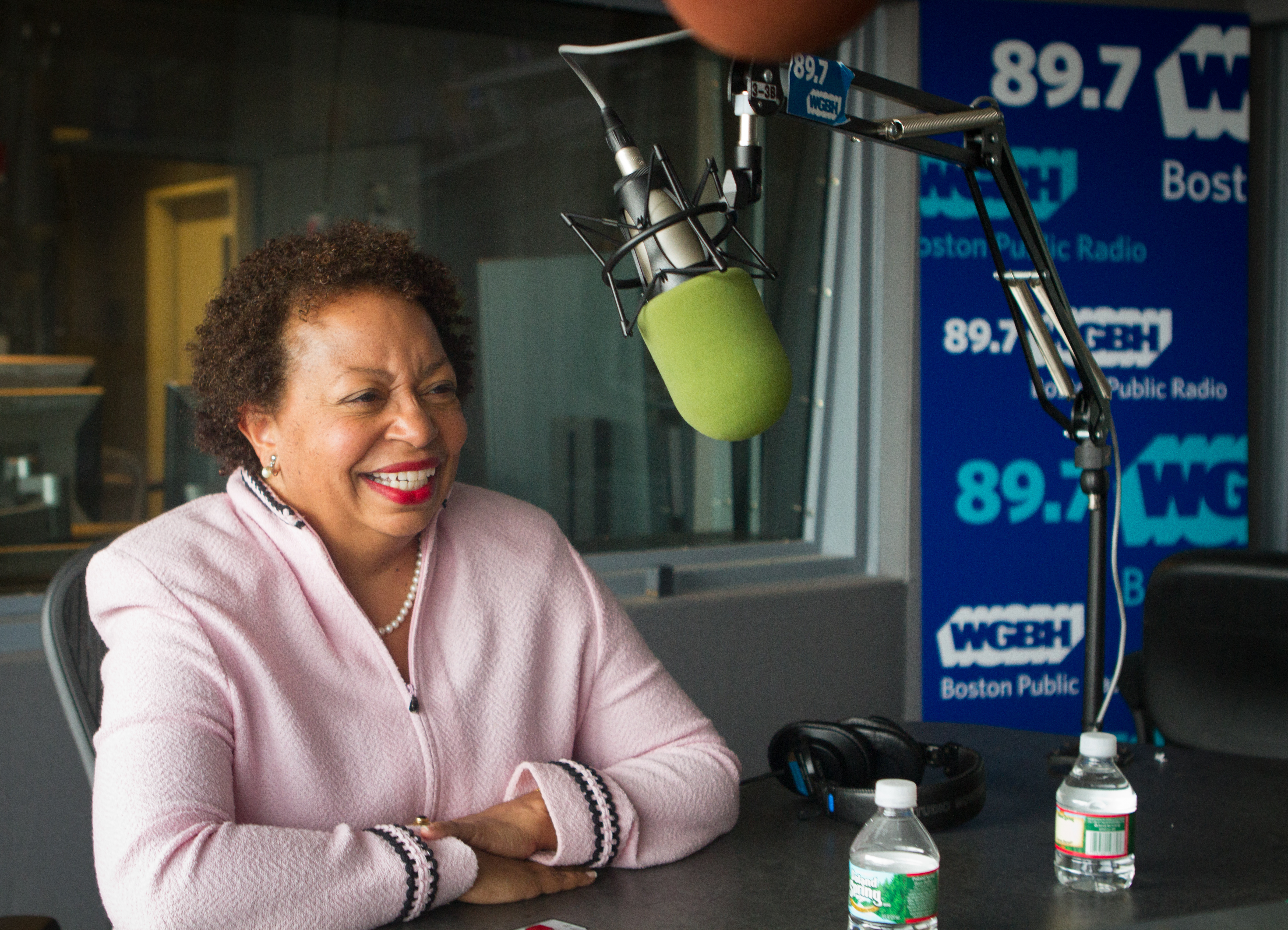diversity

On college campuses across the country, there has been a lot of talk about creating spaces where everyone feels comfortable enough to contribute. Now, a professor at Harvard Kennedy School is taking action, using cloud technology and data inside his classroom. And other professors are following his lead.
As the Trump administration is reopening an investigation into a complaint that accuses Harvard of discriminating against Asian-American applicants, colleges are beginning to consider other ways to diversify their campuses. Amherst College in Western Massachusetts has achieved a certain level of diversity by looking at both race and class.

Last month, Trinity College, a predominantly white, elite, liberal arts school in Hartford, Connecticut, appointed its first African-American and female president, Joanne Berger-Sweeney. Berger-Sweeney’s appointment has drawn attention to a somewhat dismal statistic.
The number of women who lead colleges nationwide has increased, although the numbers are few. And the number of presidents who are people of color has actually declined slightly, only 13 percent nationally. Berger-Sweeney feels the pressure.

In this digital age, what’s the status update of America’s promise of an equal shot at education for all – for descendants of slaves as well as first-generation immigrants? Where does the pressure to get into and through college come from?
A new provocative documentary film explores these and other questions by following two middle-class African-American boys from the time they enter kindergarten in one of the country’s most elite private schools through high school graduation.
While black and Latino men attending community college have some of the highest educational goals of any racial or gender group, they are also the least likely to achieve them.
That's one of several findings included in a new report from the Center for Community College Student Engagement, which suggests that black and Latino men graduate from college at disproportionately low rates partly because they arrive less prepared and can suffer from discrimination and stereotyping, or a fear that they will live up to negative stereotypes.
 What is the status of America’s promise of an equal shot at education for all – for descendants of slaves as well as first-generation immigrants? Where does the pressure to get into and through college come from?
What is the status of America’s promise of an equal shot at education for all – for descendants of slaves as well as first-generation immigrants? Where does the pressure to get into and through college come from?
A new provocative documentary film explores these and other questions by following two middle-class African-American boys from the time they enter kindergarten in one of the country’s most elite private schools through high school graduation.











